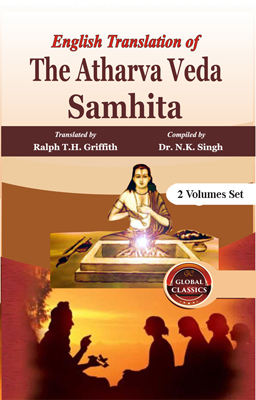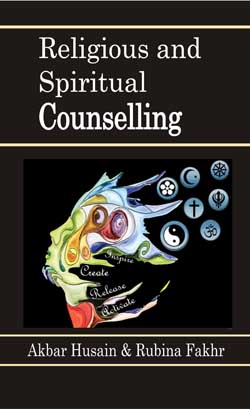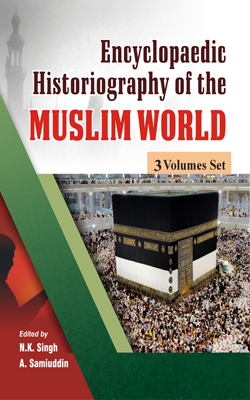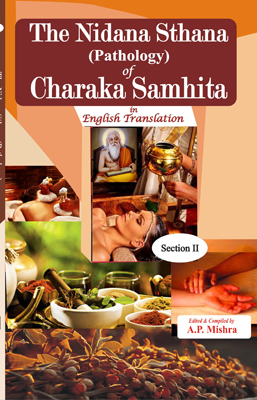Description
The Atharva Veda is a great mine of Indian wisdom meant not only for happiness in this world but also guiding to a happy and fruitful life. This book is divided into 20 Kanda, which are further divided into 36 Prapathakas. These Prapathakas have 730 Hymns (Shukta), in which there are 5,987 mantras. The sequence and collection of the mantras in Suktas of Atharva Veda are very well-arranged. Atharva Veda presents a detailed description of the lifestyle of a very early stage of human society, which has just entered the agricultural stage. It incorporates formulas for magic and even daily rituals for initiation into learning, marriage, and funerals. It also includes royal rituals and the duties of the court priests. I hope, this compendium will be very helpful to understand the need and importance of this text in contemporary world.
Ralph T.H. Griffith was an eminent Indologist and among the first Europeans to translate the Vedas into English. In 1853, he joined the Indian educational service, and on 17 December, he became the Professor of English literature at the Benares Government College. Based on his deep knowledge and contribution in the field, he was promoted to Headmaster on the same college on 1st June, 1854. He encouraged sport as well and showed thorough sympathy with Indian students. In 1861, he succeeded to the principal ship of the Benares College. He held the post for seventeen years, in the course of which he acted three times for short periods as director of public instruction. Griffith was attracted by the literary rather than by the linguistic side of Sanskrit. He devoted himself for nearly half a century in translation of Vedas and two Epics from Sanskrit to English.











Reviews
There are no reviews yet.